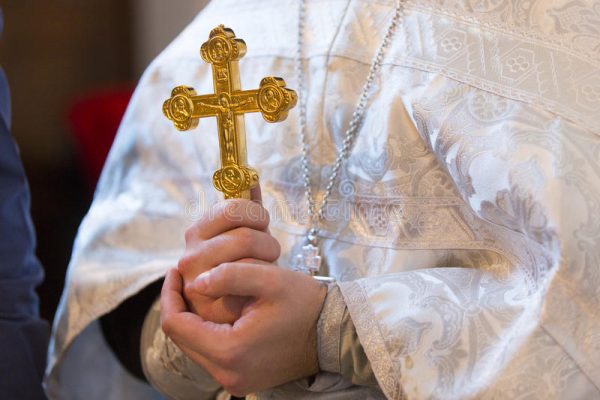When Jesus’ disciples asked their Teacher, “Who then can be saved?” He answered them clearly, “With men this is impossible, but with God all things are possible” (Matthew 19:25-26). Jesus’ reply came in the context of His discussion with a very wealthy young man who kept to the entire law, practicing it strictly. However, when Jesus asked Him, in addition to carrying out the commandments, to distribute his wealth to the poor and to follow Him, “when the young man heard that saying, he went away sorrowful, for he had great possessions.”
Carrying out the commandments and general ethical principles of the law is not sufficient for a person to attain salvation, because one is required to be superior to limiting oneself to fulfilling some of the commandments. One is required to go beyond the commandments to freely love. After Jesus, it is presupposed that those who are new in their spiritual and practical life will practice them, but as believers advance in their spiritual life, love, where there is free giving and self-sacrifice, takes the place of the commandments. After the coming of Jesus Christ, the standard for salvation is not only fulfilling the commandments, but also practicing gratuitous love.
The Holy Apostle Paul says in his Epistle to the Galatians, “No one is justified by the law in the sight of God… the law was our tutor to bring us to Christ” (Galatians 3:11, 24). It is clear, then, that salvation is not automatically tied to fulfilling the law, its rulings and commandments. Salvation is God’s business and not the business of us humans. “Who shall be saved?” is a question that no one but God alone can answer. “With men this is impossible, but with God all things are possible.”
If the matter of salvation were left in human hands, it would be a great catastrophe, as every person would judge others for salvation or perdition according to his whims and prejudices and not according to what the Gospel and the Lord Jesus Christ say.
In our current reality, there are still those who claim salvation exclusively for their nation [Arabic: umma], their church, or their denomination… They sit on God’s throne and condemn someone to becast into eternal hell or send someone to heaven. Is the human person not a bundle of positive and negative emotions? So how can man, who is governed by his inherited hatreds and instincts, his disappointments and fleeting emotions, justly judge the salvation and perdition of others? Therefore, one cannot judge anyone. Rather, one should pray for the salvation of one’s own soul and of those with whom one shares a faith community. It is hoped that one will pray for the entire world and not only for part of it.
When we talk about salvation, we must be aware of the fact that our chances are not better than others’ chances. There are those who surpass us in works of love and boundless giving. On Judgment Day, God will not ask us about our religious or denominational affiliation and how much we have practiced laws and commandments, as these things were established to educate us and guide us to the truth. Rather, He will ask us, “Show me where you have loved your brother.” Despite people’s sins, whatever good they have done, final judgment remains exclusive to God alone: “with God all things are possible.” This is the final word and there is nothing else besides it.


















